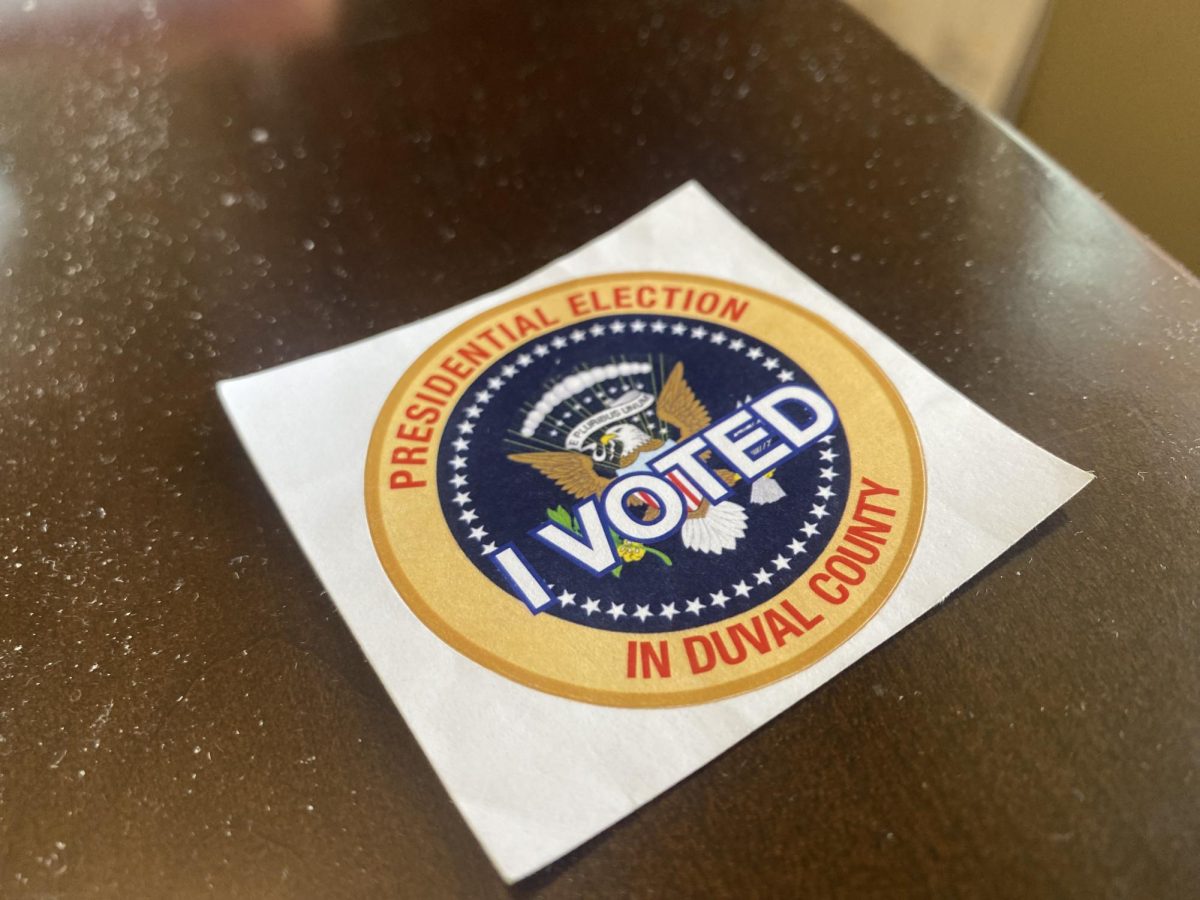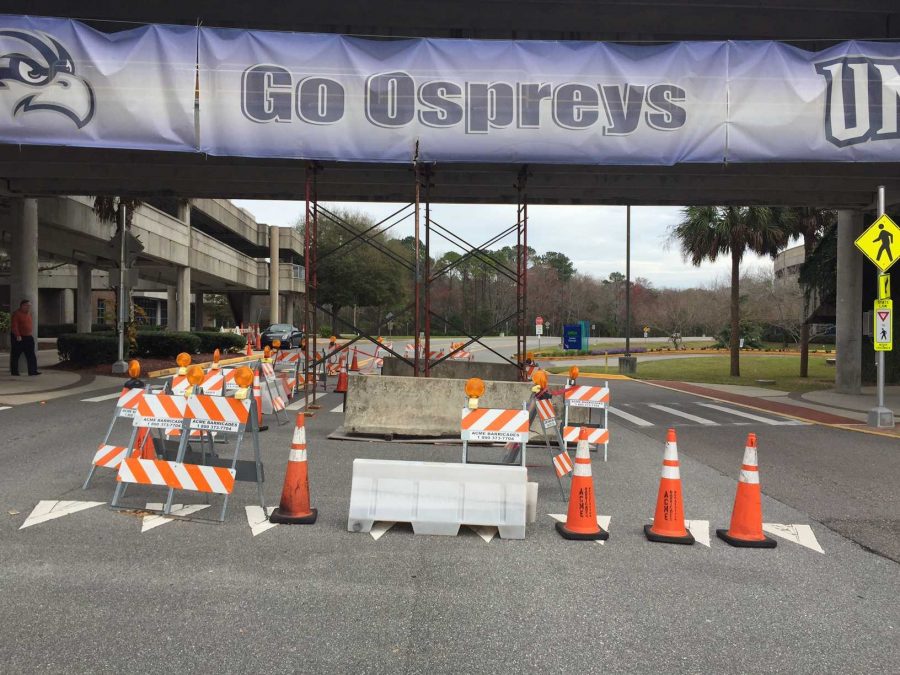NASA’s space shuttle program has been shut down at the discretion of the Obama administration and Congress. NASA, in partnership with private-sector companies, is developing new alternatives in space exploration. However, there seems to be no clear direction, and nobody really knows where money will come from to support future endeavors.
Without shuttles of its own – all four will be retired to museums and the visitor center – NASA simply doesn’t have a way to get astronauts into orbit or aboard the International Space Station. Now, the greatest nation on Earth will be reduced to hitching a ride into orbit from our former space rivals, the Russians. The irony is uncanny.
The only ventures in sight appear from private commercial industries such as SpaceX and Boeing, and so far, all they have announced is that they are planning hardware development and low orbits around the planet, like shuttles did in the 1980s.
But that’s the way the cards were dealt, so let’s talk options because what will unfold is perhaps the riskiest gamble our nation has ever taken.
NASA’s only option is to help commercial companies to get their rockets onto its launch pads, and those companies must find a market for their services beyond NASA. If this can be done, NASA will be off the hook for its expensive obligations to maintain its rudimentary orbit-oriented activities. Then the agency can simply book astronauts on commercial flights for $20 million or so a pop. With the money saved, NASA can redouble its research and development efforts.
For this to happen, though, low-earth space travel has to not suck. And it can work. For example, the Kelly Airmail Act privatized the airlines (and gave way to the drunk, overworked, broke airline pilots).
But outer space is far more of a risk. And NASA is gambling that private companies can carry astronauts to space more safely than the shuttle, which, for the most part, works perfectly fine.
What’s more, these companies need money, without government tax subsidies.
The plan is to launch satellites at a base price of $6 to $8 million. They just need to not blow it all to hell like former spacecraft launch service Sea Launch did in 2009 with its satellites. Then it filed for bankruptcy.
The next option is “space taxis,” such as what kooky British entrepreneur Richard Branson is doing with his company, Virgin Galactic. But that’s small potatoes and not lucrative enough to sustain the magnitude of what these programs, we hope, are trying to accomplish.
What’s most disconcerting about NASA’s predicament is how untouchable it once was. Even those of you in your 20s can probably recall a time in which if someone said, “NASA is shutting down ‘cause we don’t want to pay for it anymore,” you would have shouted back, “Blasphemy!” Now, most pseudo-intellectuals and business-school boobs will proudly say, “NASA is too expensive. Let’s just let billionaires take over and have boy band relics explore space.” Alas, we have Elon Musk, co-founder of PayPal, leading us into the great unknown. If Captain Kirk existed, he’d slap us all into deep space.
Sure, NASA ran an expensive program (though it received approximately $18 billion annually, whereas the Pentagon spends approximately $800 billion annually) and some would say an anachronistic one at that. But at least it was ours. When we landed on the moon, astronauts planted an American flag on it and went golfing. If we ever land on Mars, the flag might look something like an advertisement for pharmaceuticals, and then we’ll mine it for resources.
The elephant in the room is not that private companies can’t achieve astonishing feats. Recently, SpaceX successfully launched an impressive rocket, built from scratch in less than seven years, which experts say is unprecedented. But there’s a huge problem with safety in the private sector. How do you trust a company, whose business is entirely dependent on fixed-price government contracts, not to cut corners when nobody is looking? Also, there’s the question of liability. Recovering the remnants of Columbia cost $454 million. That sort of catastrophe could ruin a company, and then what would we be left with? Would-be commercial providers say they wouldn’t even get into the business unless the government provided an assurance of bailing them out. And we’re still playing out that tune with Wall Street.
The notion of cutting costs to our most crucial programs stems from barren libertarian ideals, to which this country is growing more and more accustomed. Hell, if you think cutting costs to NASA is unproductive, look what’s happening to our education system. Americans once indubitably supported these hypothetical optimums – these ideals – for the greater good of society. Now, it appears they have become a burden. Forget about political stances and magniloquent rhetoric, and religion for that matter; becoming masters of the universe was and always has been our species’ sole purpose, no matter how pretentious.
If, as a country, we leave space exploration on the backburner for long enough, we will simply lose our will to care, and then nothing could possibly provoke it to start cooking again.














